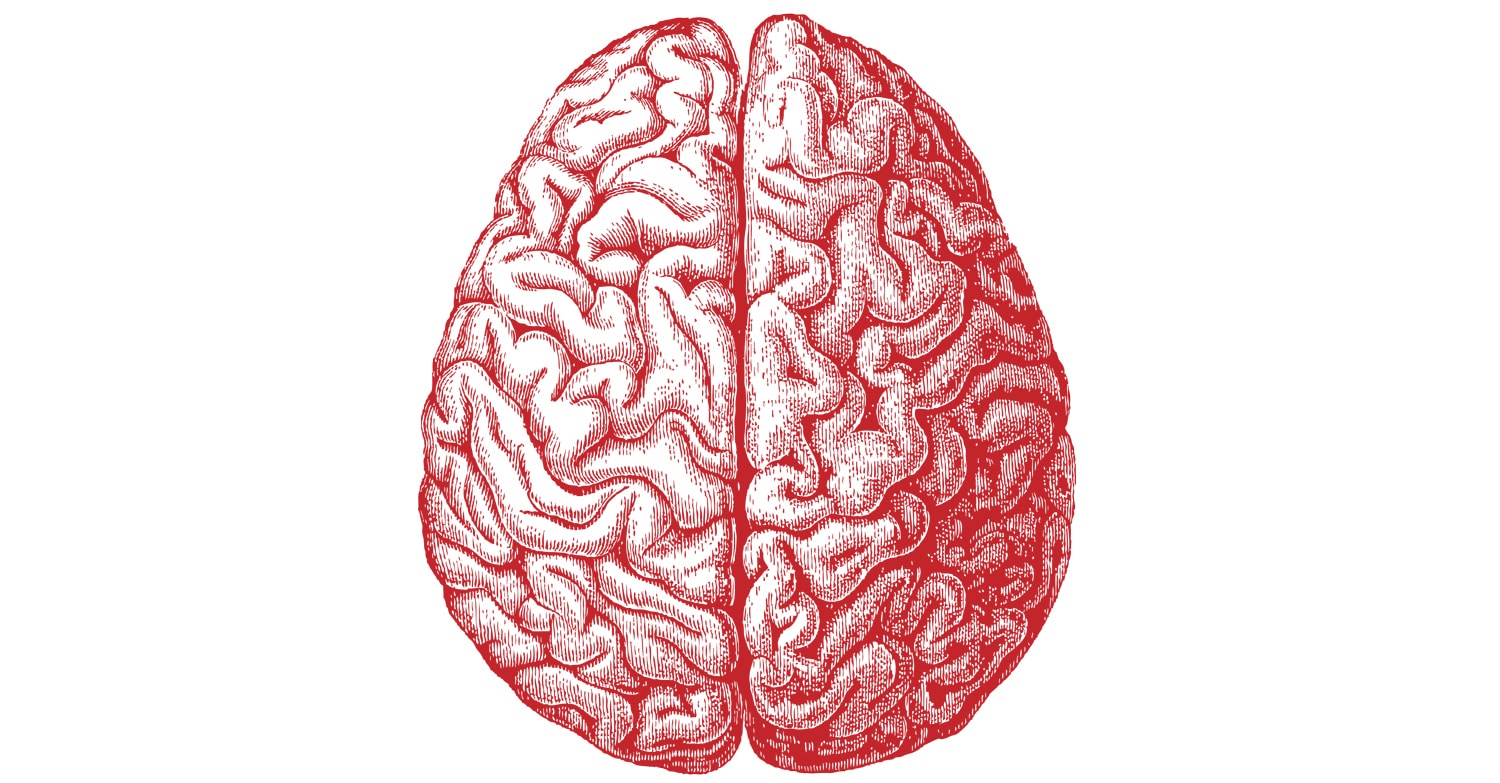
Mixing up exercise boosts brain health
Mixing up different types of exercise as we get older may be the key to keeping mentally alert, according to new research.
The University of Canberra’s Research institute for Sport and exercise said a combination of aerobic and resistance exercise has the biggest benefits for brain health in people over 50.Aerobic exercises oxygenate muscles and generate energy (e.g. walking, cycling) while resistance exercises force muscles to contract and expand (e.g. weights). The researchers looked at aerobic exercise; resistance training; multi-component exercise that includes aerobic and resistant training; tai chi and yoga. They analysed 39 studies to determine different exercise’s impact on the brain in older people.Joe Northey, lead author on the study said they focused on the impact on overall brain capacity (cognition); attention (alertness and ability to process information quickly); executive function (processes like goal-oriented behaviours); memory (storage and retrieval); and short-term memory.“Based on our research, we would say that an exercise program featuring both aerobic and resistance training, including at least moderate intensity,”
Mr Northey said. “Lasting upwards of 45 minutes per session, on as many days of the week as possible, is going to benefit cognitive function in people aged over 50.”
Tai chi was also found to improve cognitive abilities, which is good news for those who may not be able to take on more challenging exercise.Thinking and memory skills are most improved when we exercise the heart and muscles on a regular basis. And this remains true in those who already showing signs of cognitive slowdown. In fact, taking exercise up at any time is beneficial. 101-year-old New Yorker, Ida Keeling, record holder for the over 80s’ 100-yard dash will tell you that. She ran her first big run at the age of 67.What’s important is exercising regularly to get a real brain boost. The research found that aerobic exercise improved cognitive abilities like thinking, reading, learning and reasoning. And muscle training had a significant influence on memory, planning, and organising.